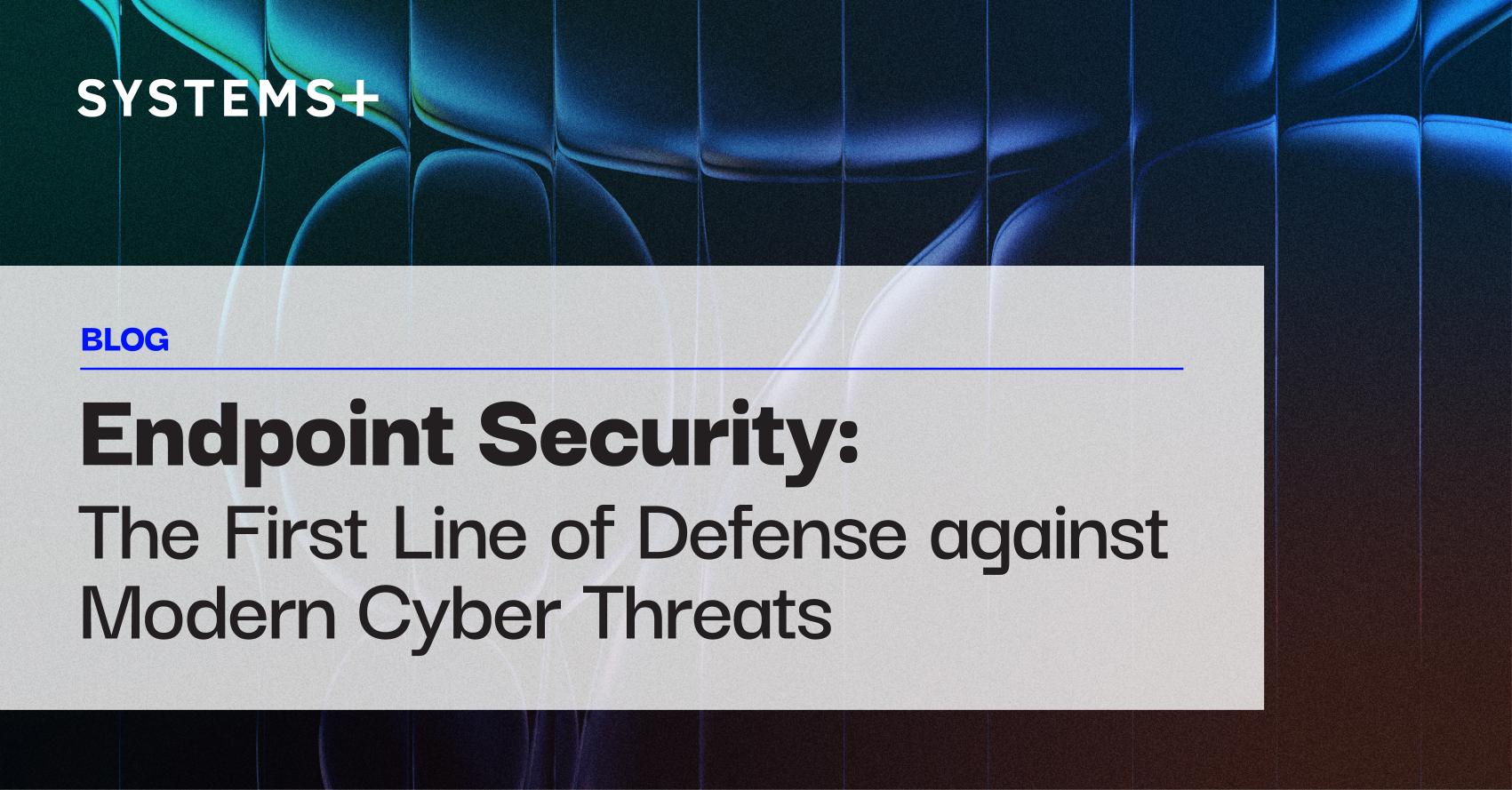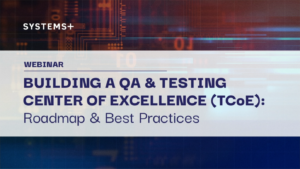Posted : January 21st, 2025
In today’s hyperconnected world, where employees access sensitive data from multiple devices and locations, endpoint security has become more critical than ever. With cyber threats evolving rapidly, endpoints such as laptops, mobile devices, and IoT gadgets are often the weakest link in an organization’s security chain. A single compromised endpoint can provide attackers with a gateway to an entire network, leading to data breaches, financial losses, and reputational damage. Thus, endpoint security is not just an IT priority, but a profitable business imperative.
Understanding Endpoint Security
Endpoint security refers to the practices and technologies used to protect end-user devices from cyber threats. Unlike traditional network security, endpoint security focuses on securing individual devices, ensuring that they are protected from malware, ransomware, phishing attacks, and unauthorized access. By understanding the role of endpoint security, organizations can safeguard their networks, prevent data breaches, and ensure business continuity in an increasingly digital landscape.
Why Endpoint Security is Critical
- Supports Remote Work and Bring Your Own Device (BYOD) Culture: As employees are now accessing networks from diverse locations, endpoint security ensures secure connections.
- Mitigates Advanced Threats: Ransomware, phishing, and zero-day attacks frequently target endpoints to gain access to broader systems.
- Data Protection Regulations: Frameworks such as GDPR and CCPA mandate strict security measures to safeguard data.
- Protects Business Continuity: By preventing disruptions caused by cyber incidents, endpoint security helps maintain operational stability.
Common Endpoint Security Threats
- Malware and Ransomware: Malicious software can infiltrate endpoints to steal, encrypt, or destroy data. Ransomware, in particular, locks users out of their systems until a ransom is paid.
- Phishing Attacks: Cybercriminals use deceptive emails or messages to trick users into sharing sensitive information or downloading harmful files.
- Zero-Day Vulnerabilities: These are unknown security flaws in software that cybercriminals can exploit before the vendor releases a patch.
- Unauthorized Access: Weak passwords, stolen credentials, or unprotected devices can allow attackers to gain access to critical systems.
- Insider Threats: Negligent or malicious employees can inevitably compromise endpoint security.
- Device Theft or Loss: Mobile devices are often lost or stolen, potentially exposing sensitive corporate data.
Core Components of Endpoint Security
The components of endpoint security work together to detect and respond to malicious activities using advanced security programs that monitor and secure every entry point. These security programs include the following:
- Endpoint Protection Platforms (EPP): Software that prevents, detects, and removes malware and other threats.
- Endpoint Detection and Response (EDR): Monitors endpoint activities to identify and respond to advanced threats. EDR solutions offer visibility, threat analysis, and rapid containment to minimize potential damage.
- Data Encryption: Secures sensitive data by encrypting it, ensuring that even if devices are compromised, the information remains inaccessible to unauthorized users.
- Access Control and Device Management: Implements role-based access and policies to restrict unauthorized users or devices from connecting to the network.
- Patch Management: Ensures all endpoint devices have the latest security updates.
- Zero Trust Architecture: Validates every device and user trying to access corporate resources, regardless of location.
Benefits of Endpoint Security
- Protects Sensitive Data
- Prevents Costly Downtime
- Enhances Threat Visibility
- Ensures Regulatory Compliance
Best Practices for Effective Endpoint Security
- Implement Multi-Factor Authentication (MFA): Add an extra layer of security to user logins.
- Implement Multi-Layered Security: Endpoint security solutions should include antivirus programs, firewalls, and threat detection tools to guard against a range of attacks.
- Regular Patching and Updates: Keeping software up to date with the latest security patches prevents attackers from exploiting vulnerabilities.
- Use Encryption: Encrypt sensitive data stored on devices so that even if a device is lost or stolen, the data remains protected.
- Network Segmentation: Limit the impact of a compromised endpoint on the broader network.
- Employee Training: Educate staff about recognizing phishing and other social engineering techniques and preach safe internet practices.
- Use AI-Powered Tools: Leverage AI for threat detection and response.
Conclusion
In an era where endpoints serve as gateways to critical business systems, endpoint security is no longer optional- it’s a necessity. Organizations must implement strong endpoint security measures to take action against cyber threats, protect sensitive data, and ensure regulatory compliance. By leveraging advanced technologies and promoting a culture of cybersecurity awareness, businesses can effectively secure their endpoints and safeguard their future.
Is the endpoint security strategy within your organization up to par? Connect with our IT experts for a personalized consultation!







